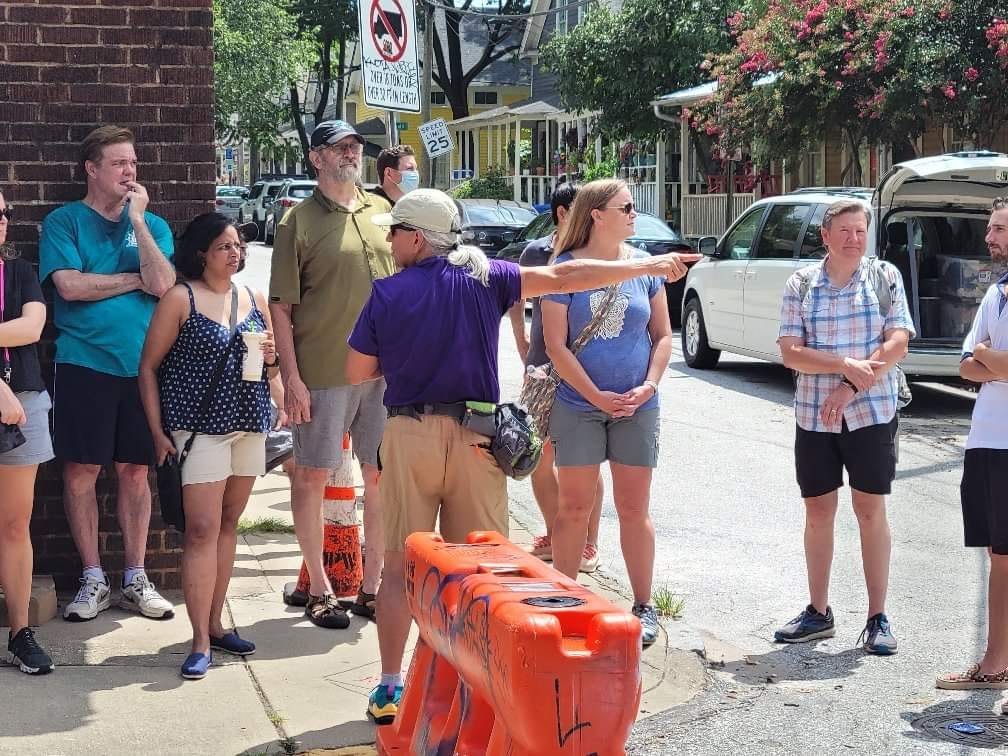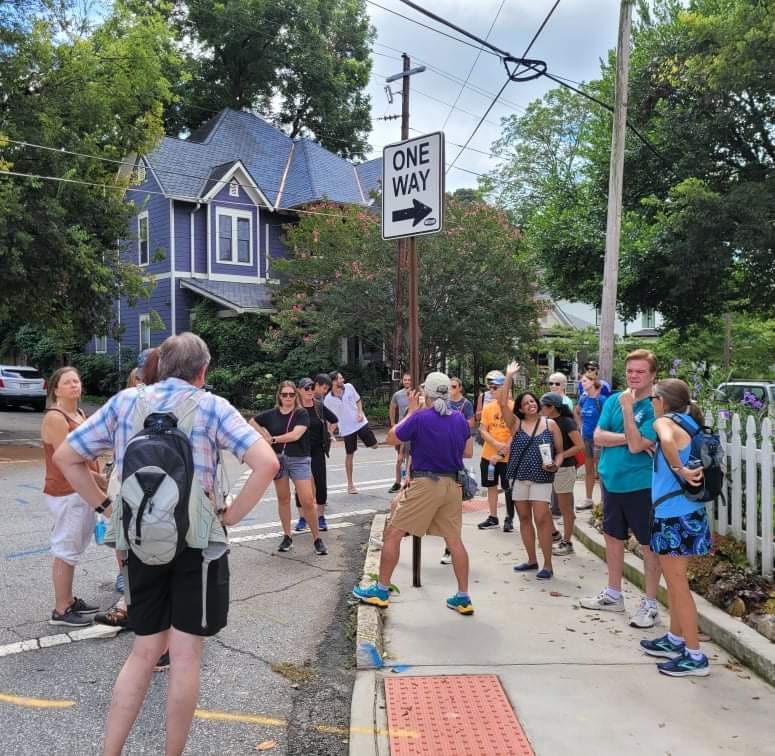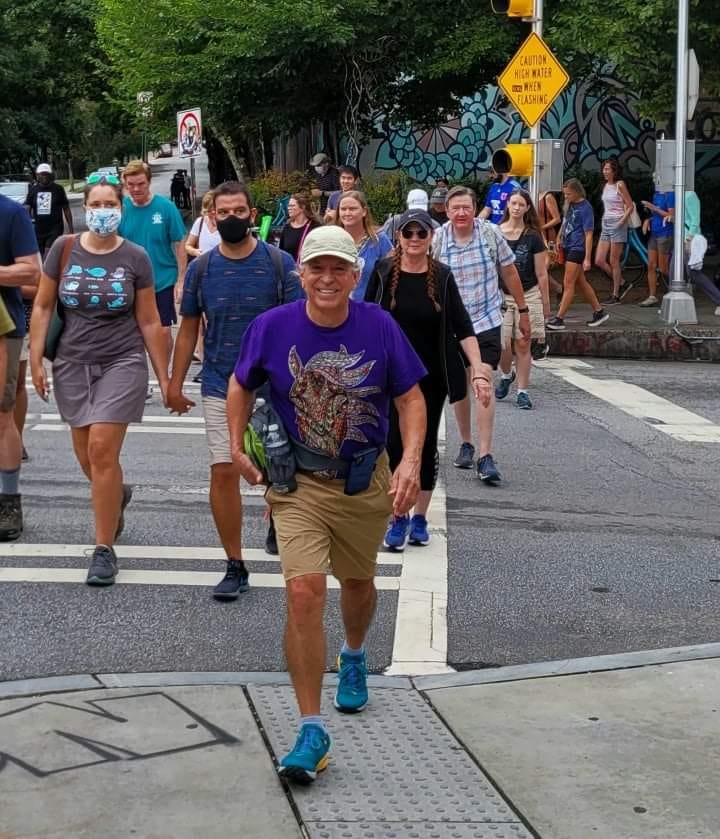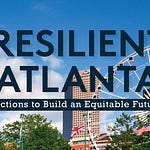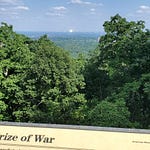Oh Atlanta, oh Atlanta!
I said yeah! yeah! yeah! Atlanta, got to get back to you
“Oh Atlanta” from Feats Don't Fail Me Now by Little Feat (1974)
Thank you.
Today is the 7th anniversary of my first public walking tour in Atlanta. Just want to take a moment to thank everyone who has biked, walked and/or riden with me throughout the city during this time. I have had the pleasure of meeting thousands of people from all over the world on my tours. It has been privilege and an honor to meet all of you.
What's Next?
My next and final project will be to create an ecosystem of interactive maps to help people explore ATL on their own in the future. These will be based on what I have learned about the city during the past seven years.
Why we explore...
The absence of a historically preserved battlefield means that visitors seeking firsthand knowledge about the places and events that figured prominently in the Battle of Atlanta must go beyond the almost effortless engagement with history available at well-preserved Civil War sites, such as Kennesaw Mountain, Gettysburg, and Vicksburg. Visits to the Atlanta battlefield, even via virtual tour, require greater self-reliance and a more active process of combining historical accounts, maps, and images with present-day visual evidence to ferret out what happened, where, and why. The rewards are great. By juxtaposing information from then and now, visitors traveling through contemporary Atlanta gain a new and powerful perspective on the city, its neighborhoods, and their place in history. Exploring seemingly ordinary sites is a way to gain a new awareness of history, even if the sites are often encountered during our everyday routines. Landscape historian John R. Stilgoe encourages us to scrutinize those places, put them in spatial context, and arrange them in time. "Enjoy the best kept secret around," Stilgoe writes, "the ordinary everyday landscape that rewards any explorer, that touches any explorer with magic."
— Daniel A. Pollock, The Battle of Atlanta: History and Remembrance (2014)
Production vs. Consumption
As the Industrial Age gave way to the Information Age (and later the Knowledge Age) the economic engine of the "Beltline neighborhoods" experienced a massive transformation. When the trains were running, these buildings housed manufacturing plants and employed blue collar workers who made things. Those things were shipped out on the trains that ran along the tracks that used to be here.
Today, these same buildings house food halls, technology companies, consulting firms and investment management organizations. These service businesses employ knowledge workers and creators; everything from chefs to web developers. Their goods and services are consumed on premises (food and beverage) or remotely by their clients (solutions).

Today's Beltline is a gathering place. It is a destination where people come to eat, drink, exercise and meet one another. It is also a lifestyle that people want to live and work near. Today's employers choose to open offices here because having access to this lifestyle is viewed as a strategic asset, a recruiting tool.
It's worth noting that the neighborhoods and properties along the Beltline experienced a long period (30-40 years) of dormancy after the production-driven economy ended and before the consumption-driven economy really took hold.
What will the Beltline and its coveted neighborhoods be like 5-10 years from now? 25-50 years from now? We do know one thing: The world we live in is very different than the one our parents, grandparents and great grandparents lived in. The world that our children, grandchildren and great grandchildren live in will be very different than the one we live in now.




